
the
iconic
the
iconic
Pink Sugar
eau de toilette

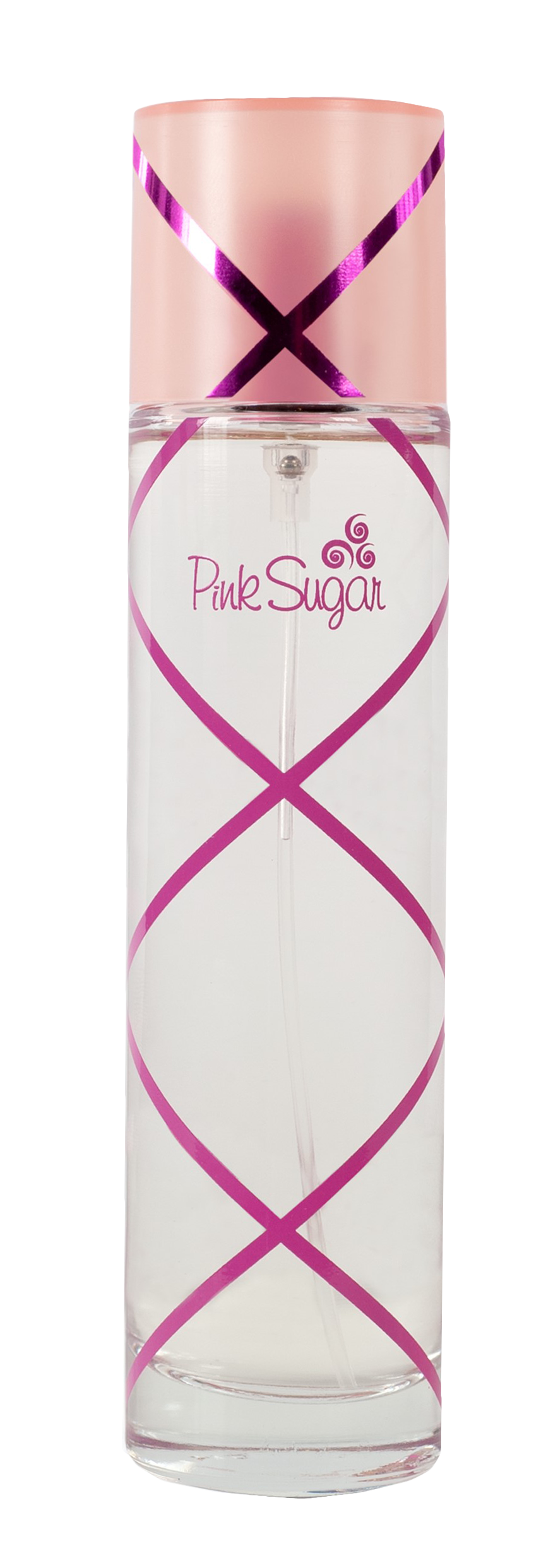
the
lovely
the
lovely
Lollipink
eau de toilette

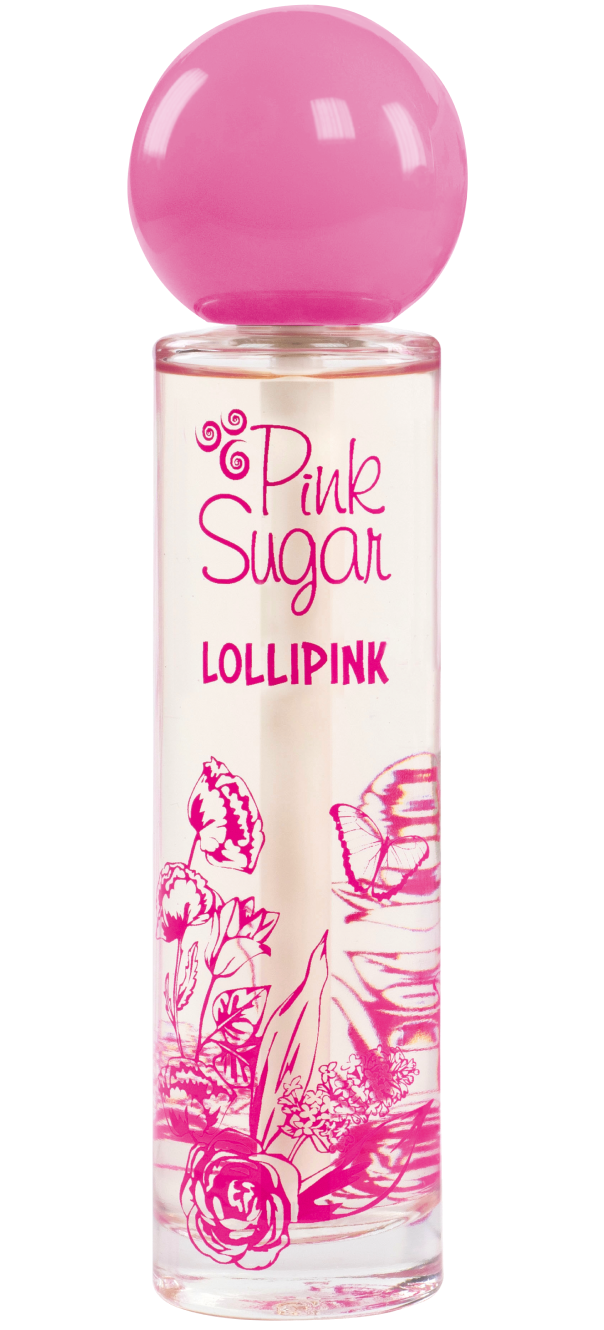
the
witties
the
witties
Berry Blast
eau de toilette
Creamy Sunshine
eau de toilette

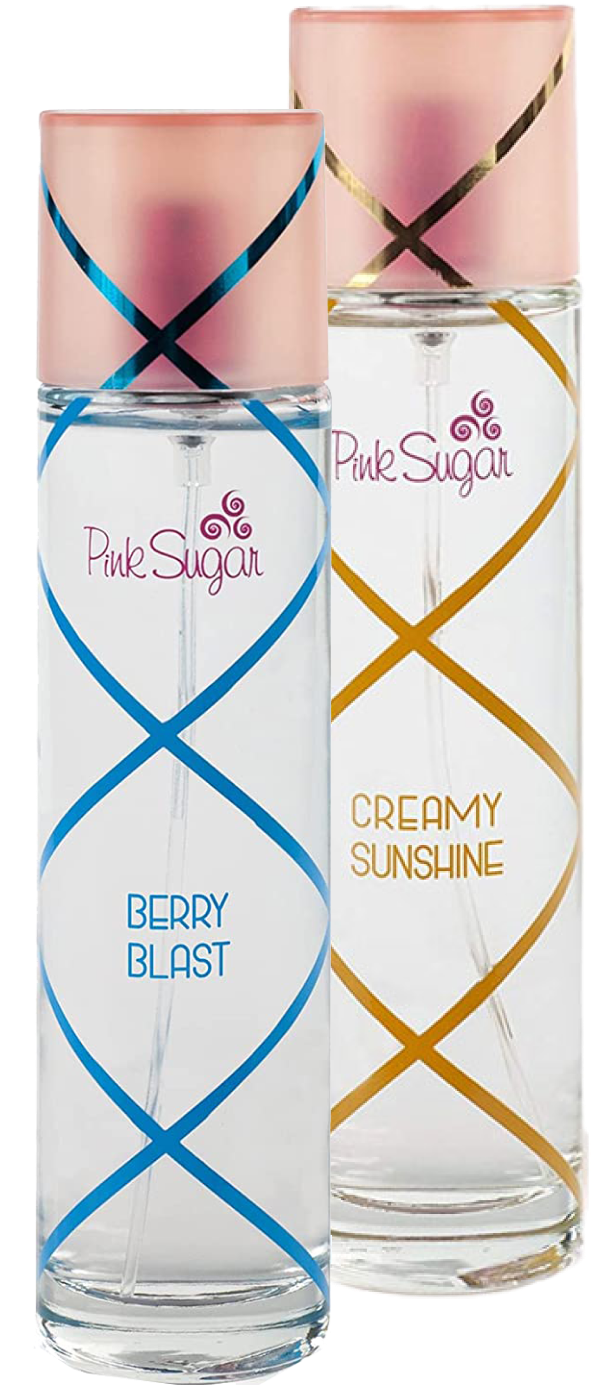
Join the
PS TEAM
PS TEAM
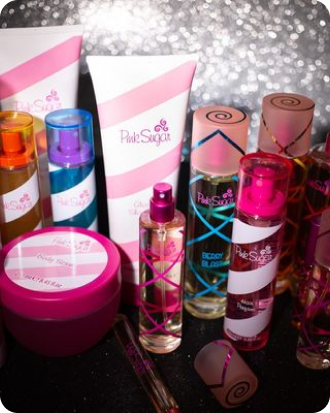

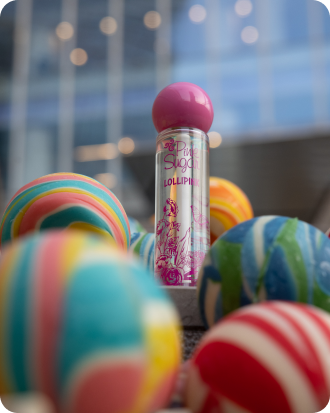

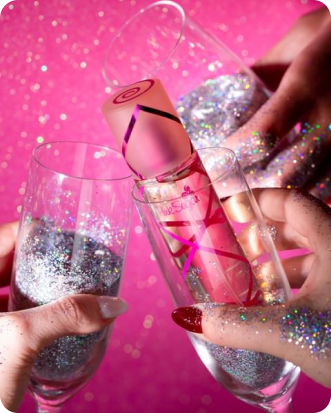


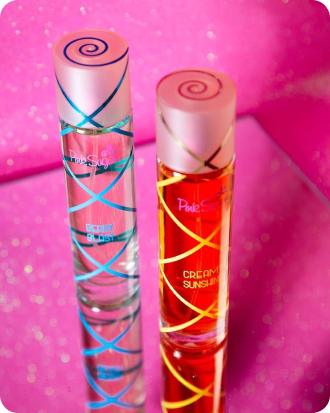
PS WE'RE A TEAM
Wether you feel like go dancing or just daydreaming, you wanna have fun or take a daycation, hang out with your BFF or go to that date...
we stand with you. To make you feel the sweetness of your first kiss, the butterflies in your stomach and the sparkles in your nights!
©2023 Selectiva Spa - S.S. N. 10 per Genova Km 98, 15122 Alessandria, Italia - Part. IVA 01893510063 - All copyright reserved - POLICY PRIVACY - COOKIE PRIVACY



